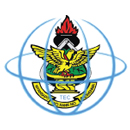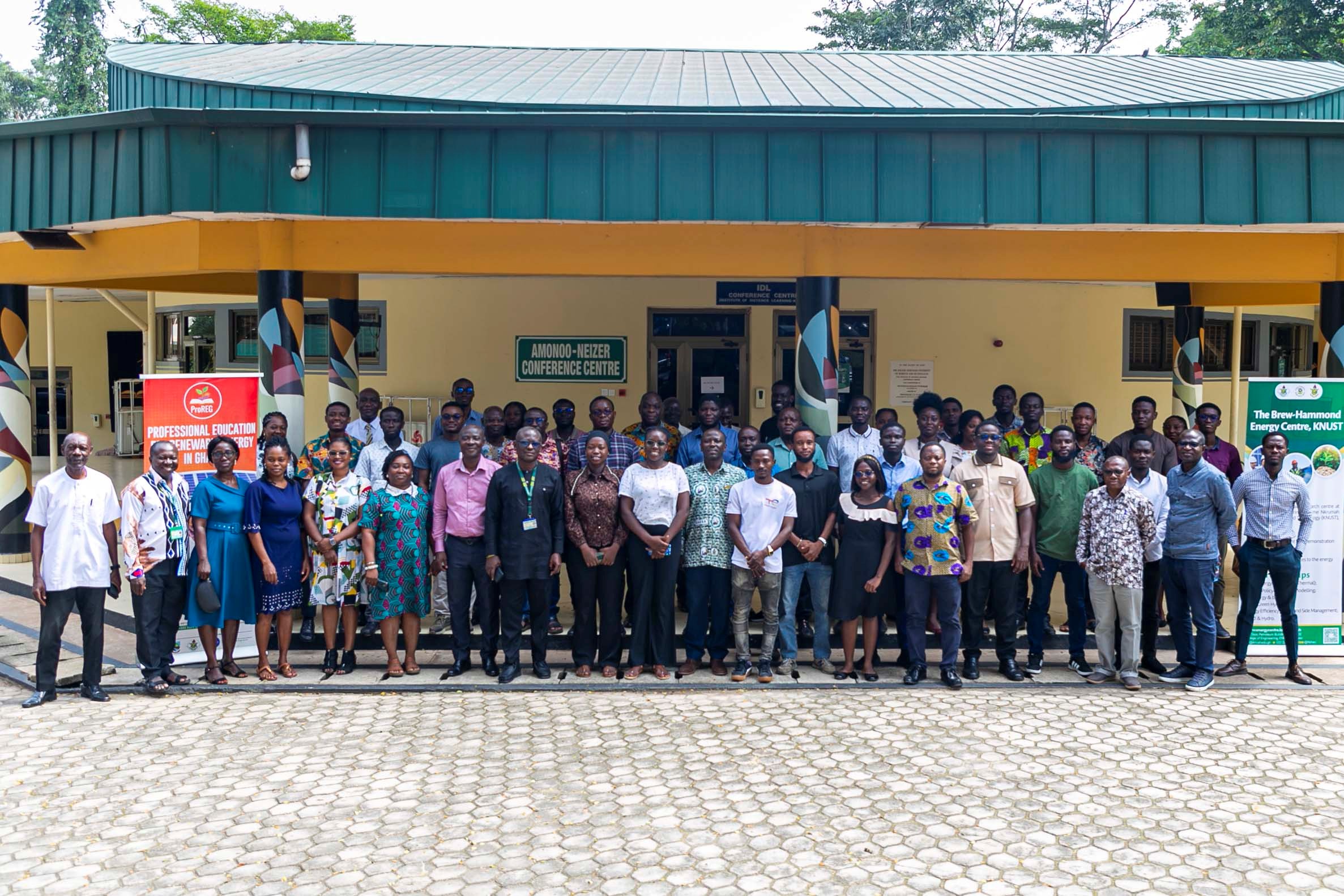The Professional Education for Renewable Energy in Ghana (PROREG) project, under The Brew-Hammond Energy Centre (TBHEC), has equipped researchers, teaching assistants, and lecturers with hands-on training in e-learning and artificial intelligence tools to enhance teaching and research delivery.
The capacity-building workshop, themed “Enhancing Teaching and Learning Through E-Learning and AI Tools,” introduced participants to digital platforms that support agile teaching, interactive learning, and efficient research. Facilitators guided attendees through practical sessions on integrating digital tools into course content and assessment.
 Dr. Selasi Agbemenu, Senior Lecturer at the Department of Computer Engineering, led participants through designing interactive lectures and laboratory sessions using discussion boards, breakout rooms, and other collaborative tools. He highlighted how the traditional teacher-student dynamic has evolved over the years and its impact on learning.
Dr. Selasi Agbemenu, Senior Lecturer at the Department of Computer Engineering, led participants through designing interactive lectures and laboratory sessions using discussion boards, breakout rooms, and other collaborative tools. He highlighted how the traditional teacher-student dynamic has evolved over the years and its impact on learning.
“In the past, the learning structure was more like a master–student relationship. The teacher delivered the content, and the students almost like passive recipients had little room to give feedback,” he stated.
Dr. Agbemenu stressed the importance of shifting to interactive, learner-centered classrooms to improve outcomes.
“Once we make classes more interactive, students’ engagement can increase by about 60%, and retention by nearly 50%,” he added. “That alone is a strong reason to move toward interactive teaching.”
He outlined key principles of designing interactive learning environments such as active participation, immediate feedback, social learning, and inclusion and demonstrated how quizzes, polls, discussions, and simulations can support these goals. Tools such as Kahoot, Quizizz, Mentimeter, and Padlet were presented as effective platforms for boosting engagement.
 Dr. Henry Nunoo-Mensah, Senior Lecturer at the Department of Computer Engineering, led a practical session using Google Forms, demonstrating how lecturers can set quizzes and assignments, automate grading, and track student responses.
Dr. Henry Nunoo-Mensah, Senior Lecturer at the Department of Computer Engineering, led a practical session using Google Forms, demonstrating how lecturers can set quizzes and assignments, automate grading, and track student responses.
He also introduced participants to Elicit and Semantic Scholar, guiding them through how these platforms can support academic research and literature review. In addition, he showcased the use of AI tools such as Canva and CapCut for creating academic posters and presentations, offering participants hands-on experience in integrating digital creativity into their teaching and research outputs.

